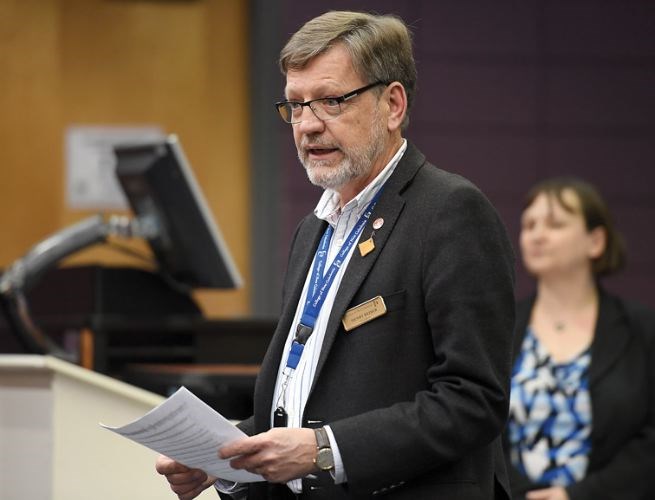Since the beginning of November, College of New Caledonia president Henry Reiser has signed six separate agreements with colleges and universities in India and the Philippines in hopes of boosting international opportunities for students.
In early November, memorandums of understandings were signed between the college and Samar State University and the Lyceum of the Philippines University - Batangas, Inc. in the Philippines. Other agreements were signed with Don Bosco Tech, Narayana Health and Pyramid College of Business Technology in India.
Reiser said these agreements will allow more CNC students to study abroad and to deliver the curriculum of the college to students in India. India is currently in the midst of a shortage of trained faculty.
"With international education, it's always been one-sided; bring international students and have activities on campus that would benefit our domestic students and give them an international experience," Reiser said.
"This strategy will allow our students to be immersed into the culture of international locations."
Approximately 100 CNC students are currently studying overseas, according to Reiser. International education will give local students an edge in the job market of tomorrow, he said.
"If we look at the emerging economies of the world, number one is China and number two is India. Students may not work in Canada. They may find their jobs abroad. This prepares them for that," he said.
Reiser said the agreements will mean opportunities for students in the departments of nursing, archaeology and natural resource and forest technology. He estimated the college will be offering overseas opportunities at these institutions beginning in the Spring of 2018 and 2019.
The Canadian Bureau of International Education has identified international opportunities for domestic students as a cause for concern. Despite the explosion of international students studying in Canadian colleges and universities, only 2.3 per cent of Canadian students studied abroad during the 2014/15 academic year.
CBIE surveys have indicated that the biggest factor limiting Canadian students from overseas learning is cost. Reiser hopes to leverage the tuition dollars flowing in from international students.
"Our plan is to take revenues from international students coming to Canada and then convert that into bursaries and scholarships to allow our domestic students to experience international education," Reiser said.
Reiser said the college would be exploring this possibility during upcoming budget consultations in January.
International students typically pay between three and four times the tuition fees of domestic students, according to Statistics Canada. They are not subsidized by provincial government funds, unlike domestic students. No regulation currently exists limiting how much colleges and universities can charge international students in tuition.
According to Reiser, 900 international students currently study at CNC.

.png;w=120;h=80;mode=crop)

